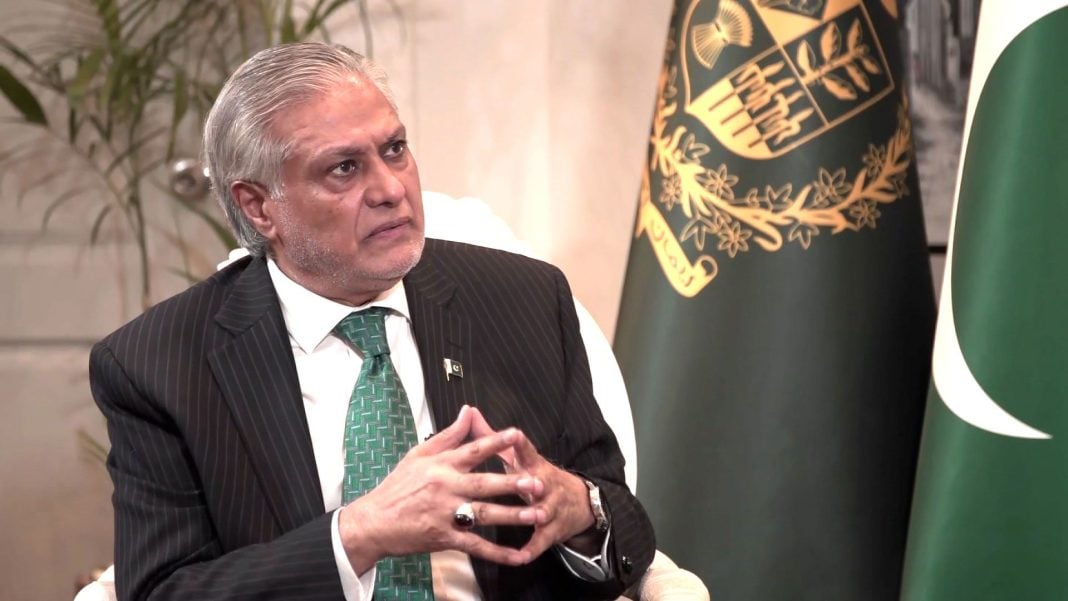In a strong rebuttal to recent speculation, Pakistan’s Foreign Minister Ishaq Dar has categorically denied reports suggesting that the country would consider a nuclear strike against Israel in the event of a conflict involving Iran. Speaking in the National Assembly, Dar labelled the claims as “completely baseless and irresponsible,” affirming that Pakistan’s nuclear doctrine remains grounded in national defense and regional stability.
The denial comes in the wake of controversial remarks made by Iranian Islamic Revolutionary Guard Corps (IRGC) General Mohsen Rezaei, who asserted that Pakistan had assured Tehran of nuclear retaliation should Israel resort to nuclear weapons against Iran. The remarks, widely reported across regional media, sparked concern over Pakistan’s role in an escalating Middle Eastern conflict.
Dar clarified that Pakistan’s nuclear policy adheres strictly to the principles of credible minimum deterrence and is not intended for aggressive use. “Pakistan has consistently upheld international nuclear norms and is committed to non-proliferation,” he stated. “Our strategic capabilities exist solely to deter aggression and protect national sovereignty.”
The geopolitical backdrop of Dar’s statement includes a surge in Israel–Iran hostilities, with recent military confrontations resulting in significant casualties on both sides. The broader regional implications of these tensions have also raised concerns in Islamabad, where the government is concurrently grappling with domestic economic pressures, including inflation risks driven by surging global commodity prices.
Economic analysts have suggested that despite the turmoil, Pakistan’s central bank may opt to maintain current policy rates to stabilize the economy, even as global uncertainty persists.
Dar’s remarks serve as a diplomatic effort to distance Pakistan from speculative narratives and reaffirm its consistent stance on the responsible use of nuclear weapons. The statement underscores Islamabad’s intent to remain neutral in third-party conflicts while preserving strategic stability in South Asia and maintaining credibility on the global stage.






